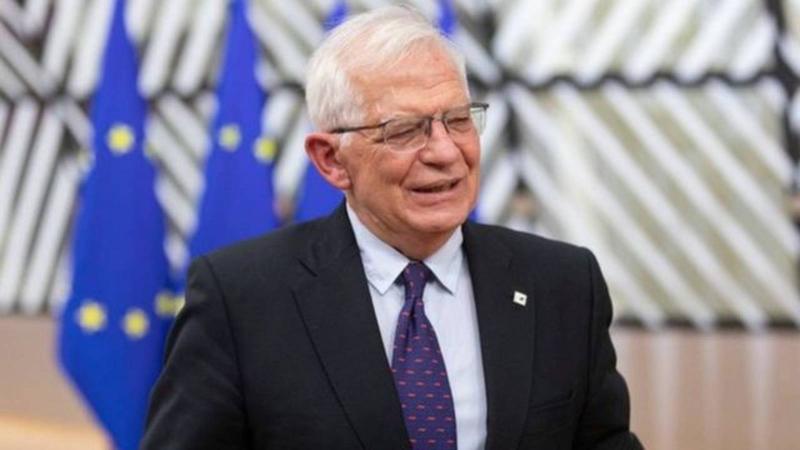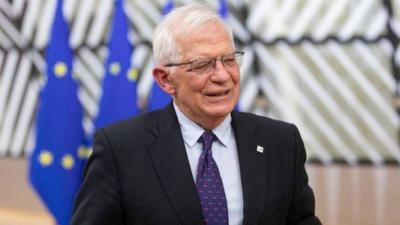The head of European diplomacy, Josep Borrell, stated that "the likelihood of a high-intensity war in Europe is no longer a fantasy," emphasizing the necessity of establishing a "defensive mechanism" for the European Union. Borrell, during remarks at a forum in Brussels, noted that "Russia threatens us... the possibility of a conventional war of high intensity in Europe is no longer a fictional scenario; we must do everything in our power to avoid that, and to deter the enemy we need resources."
He added that "to achieve strong defensive capabilities for the European Union, a 'defensive mechanism' is needed," and did not rule out the potential adoption of "joint debt obligations" by EU member states. Borrell confirmed that "the EU will not be able to have its own army in the foreseeable future, as member states continue to insist on maintaining national sovereignty in defense matters." He stated, "Countries are the first line (of defense); we do not have an army in Brussels, and tomorrow we will not have a European army; countries control their defense policies."
Borrell praised the establishment of the European Peace Fund, which supports the EU in covering part of the costs for supplying weapons and ammunition to Ukraine, as well as training the Ukrainian army.




